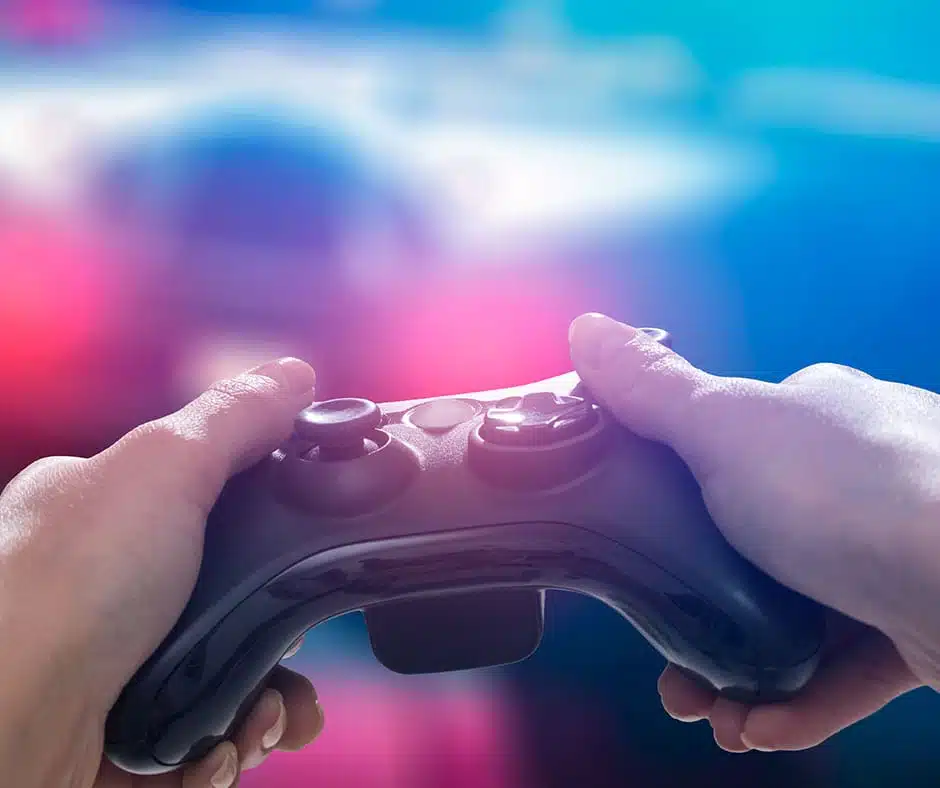Video Game Addiction & Mental Illness
According to the World Health Organization, video game addiction is now considered to be a legitimate form of mental illness. The organization has explained that, while games can be fun, the addictive behavior that can lie behind them is real, especially for young adults. The feeling of not being able to stop, playing for unhealthy lengths of time and continuing to play despite negative consequences and putting other priorities aside all point to its legitimacy as a mental illness.
The reality is, even though we may be able to shrug off video games as entertainment, there have been multiple cases where playing them has been taken to extreme degrees. There are plenty of documented cases where individuals have neglected their children, their careers, and occasionally even death has occurred from excessively playing them.
Video Games Provide Escape
Many of us engage in activities that can help us forget about the stress of life for a little while. Whether relaxing with a book, picking up a hobby like cooking or even playing a sport, most people find something productive to do to put their mind at ease from the stress of daily life to unwind. But when we seek those activities to provide a sense of ‘escape,’ we move away from merely relaxing and begin to feed that feeling over other priorities.
The relief of escape is the exact feeling that a lot of children and young adults find within video games. To be able to forget about the world for a period and live in a fantasy world can give someone a sense of freedom that they may not otherwise be able to attain. When video game addiction takes hold, life skills such as focusing on health, communication and fitness fall by the wayside.
Help for Video Game Addiction
Help for video game addiction has been in existence for years, well before the WHO marked the dependence as being real. Treatment services have helped lend legitimacy to video game addiction as a mental health disorder for people who have already been experiencing its symptoms but have not had the confidence to admit it.
For those in the industry, research has shown that playing video games can have the same type of effect on the brain as cocaine. Especially games that have no definitive end or multiplayer functions that allow you to speak with other players such as League of Legends or Fortnite, the quest to continue to win can become a nearly obsessive endeavor.
Why WHO’s Designation Helps
There has been some amount of backlash in the video game community over the stigma of millions of people’s past time falling under the category of “mental illness.” Many supporters of video games have long-since had their hobby of choice be used as a scapegoat for violence and claim that it is an “easy target” for blame. But the designation that WHO has put into place goes beyond just how the community feels about it.
Because the World Health Organization has now given credence to video game addiction as a mental health disorder, people suffering are now able to gain access to help easier. Previously, insurance was unbillable for services providing help to these individuals. If you or a loved one think that this is an issue in your home, call Clear Behavioral Health today.
